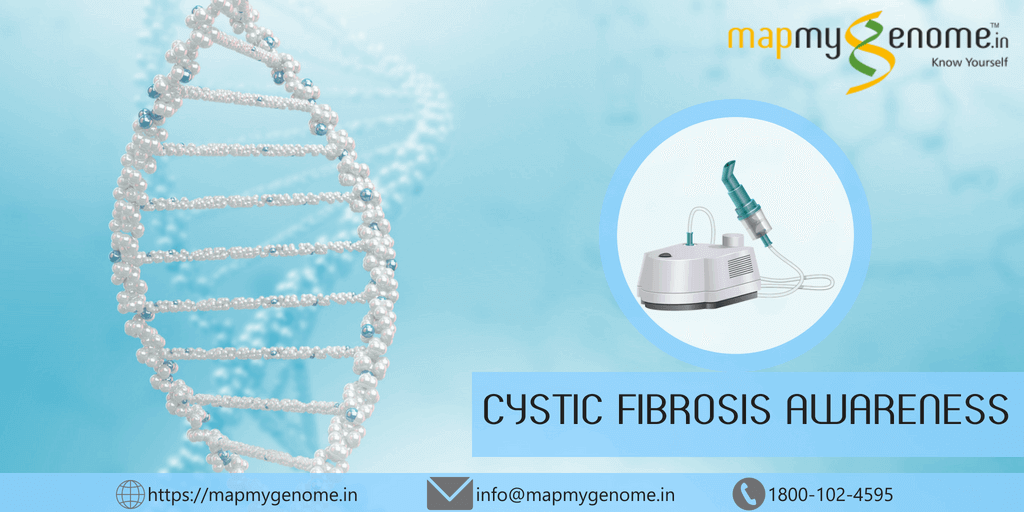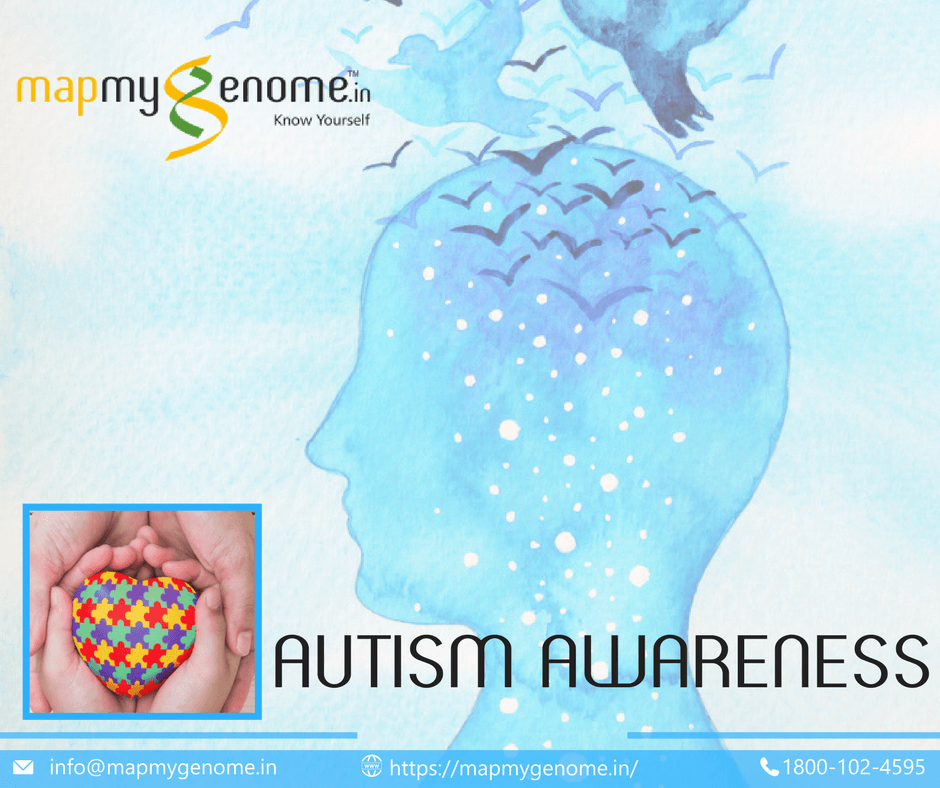Karyotyping - Postnatal
Cytogenetic analysis should be performed for children with clinical features of known chromosomal abnormality syndromes (e.g., Down syndrome), as the identification of a translocation may impact the family's recurrence risk11
Karyotyping can detect major chromosomal abnormalities, such as aneuploidy, unbalanced rearrangements, Robertsonian translocation, mosaicism
Karyotype tests can be used for more than finding birth defects.
- Trouble getting pregnant or have had several miscarriages
- You can find out if you have a disorder that you could pass down to your child.
- They can find the cause of certain physical or developmental problems your baby or young child has.
- Chromosome tests can show whether a newborn is a boy or a girl in the rare cases where it isn’t clear.
- Certain kinds of cancer can cause chromosome changes. Karyotype testing can help get you the right treatment.
Clinical utility
- Diagnosis of Genetic Conditions and chromosomal abnormalities in individuals who have already been born and present with clinical features suggestive of a genetic disorder.
- Confirmation of Prenatal Test Results to validate and refine the diagnosis made during the prenatal stage.
- Evaluation of Unexplained Developmental Delays.
When is it recommended
- Unexplained Intellectual and Developmental Disabilities
- Dysmorphic Features and Birth Defects
- Family History of Chromosomal Abnormalities
- Evaluation of Recurrent Miscarriages
- Confirmation of Prenatal Test Results
Test specification
| Technique | Variant types | TAT | Sample requirements |
|---|---|---|---|
| G - Band | AS + SV | 10-12 days, 18 days for CVS | Serum heparin 2-3 ml, CVS |
References
- Shaffer, Lisa G, and American College of Medical Genetics Professional Practice and Guidelines Committee. “American College of Medical Genetics guideline on the cytogenetic evaluation of the individual with developmental delay or mental retardation.” Genetics in medicine : official journal of the American College of Medical Genetics vol. 7,9 (2005): 650-4.
FAQs
Why is karyotyping recommended in postnatal testing?
Karyotyping is recommended in postnatal testing to identify chromosomal abnormalities that may be associated with intellectual and developmental disabilities, dysmorphic features, or specific genetic conditions. It helps provide a definitive diagnosis, guide clinical management, and offer appropriate genetic counseling to affected individuals and their families.





